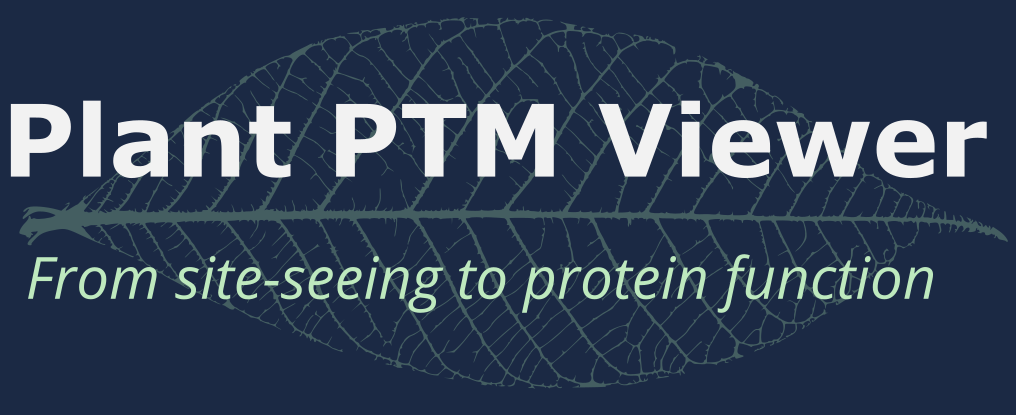Publication Information
Linthwaite et al., 2019
Abstract
Nat Commun. 2018 Aug 6;9(1):3092. doi: 10.1038/s41467-018-05475-z.
The identification of carbon dioxide mediated protein post-translational
modifications.
Linthwaite VL(1)(2), Janus JM(1)(2), Brown AP(1)(2), Wong-Pascua D(3),
O'Donoghue AC(2)(3)(4), Porter A(5), Treumann A(5), Hodgson DRW(2)(3)(4), Cann
MJ(6)(7).
Author information:
(1)Department of Biosciences, Durham University, South Road, Durham, DH1 3LE,
UK.
(2)Biophysical Sciences Institute, Durham University, South Road, Durham, DH1
3LE, UK.
(3)Department of Chemistry, Durham University, South Road, Durham, DH1 3LE, UK.
(4)Centre for Sustainable Chemical Processes, Durham University, South Road,
Durham, DH1 3LE, UK.
(5)NUPPA, The Protein Facility, Newcastle University, Cookson Building,
Newcastle upon Tyne, NE2 4HH, UK.
(6)Department of Biosciences, Durham University, South Road, Durham, DH1 3LE,
UK. m.j.cann@durham.ac.uk.
(7)Biophysical Sciences Institute, Durham University, South Road, Durham, DH1
3LE, UK. m.j.cann@durham.ac.uk.
Erratum in
Nat Commun. 2018 Oct 3;9(1):4131.
Carbon dioxide is vital to the chemistry of life processes including metabolism,
cellular homoeostasis, and pathogenesis. CO2 is generally unreactive but can
combine with neutral amines to form carbamates on proteins under physiological
conditions. The most widely known examples of this are CO2 regulation of
ribulose 1,5-bisphosphate carboxylase/oxygenase and haemoglobin. However, the
systematic identification of CO2-binding sites on proteins formed through
carbamylation has not been possible due to the ready reversibility of carbamate
formation. Here we demonstrate a methodology to identify protein carbamates
using triethyloxonium tetrafluoroborate to covalently trap CO2, allowing for
downstream proteomic analysis. This report describes the systematic
identification of carbamates in a physiologically relevant environment. We
demonstrate the identification of carbamylated proteins and the general
principle that CO2 can impact protein biochemistry through carbamate formation.
The ability to identify protein carbamates will significantly advance our
understanding of cellular CO2 interactions.
DOI: 10.1038/s41467-018-05475-z
PMCID: PMC6078960
PMID: 30082797 [Indexed for MEDLINE]
Conflict of interest statement: The authors declare no competing interests.

